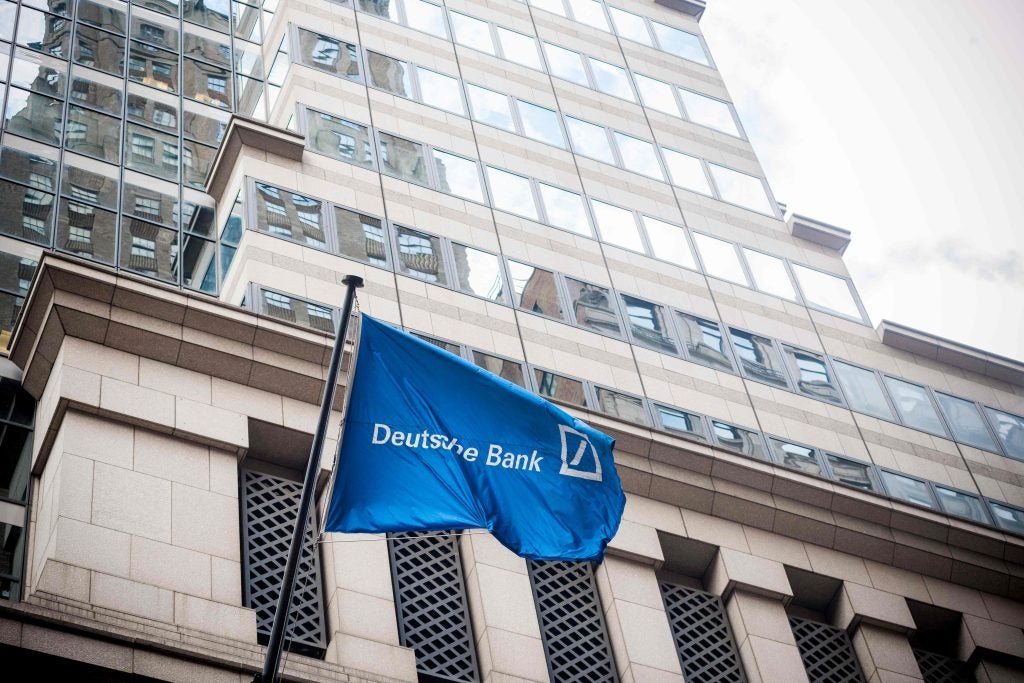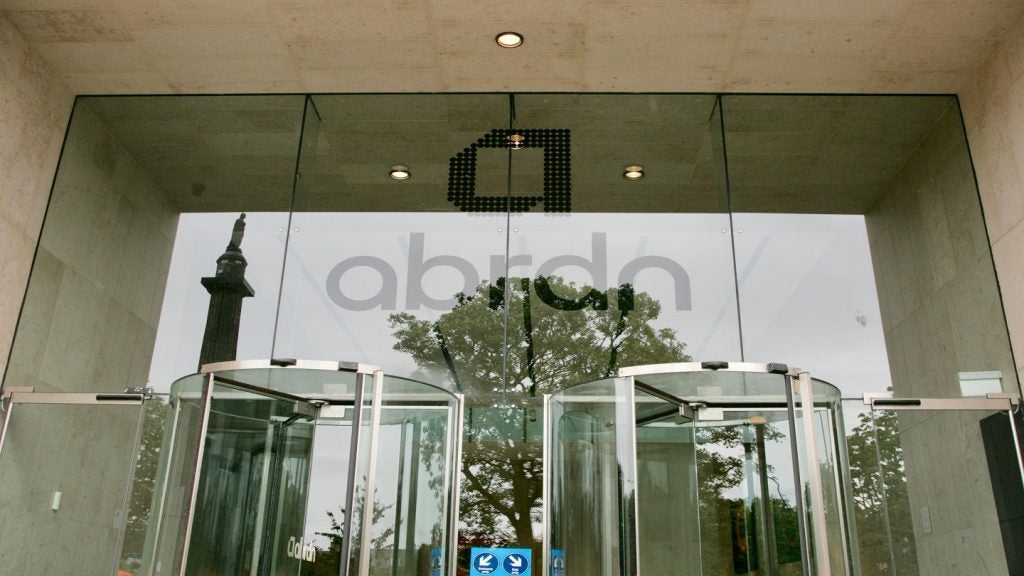Coronavirus continues to be a huge issue for China, impacting everything from health, obviously, to investment. How are markets reacting and how will financial firms cope? Patrick Brusnahan asks the experts
Coronavirus is having an astounding effect on everything and financial services is no exception.
Major banking groups including Goldman Sachs, UBS, and Credit Suisse have asked their bank workers in Hong Kong to work from home if they have recently travelled from China in the wake of the deadly coronavirus outbreak.
PBI asked experts on what their thoughts were on the situation.
Cyrique Bourbon, Asset Allocation Strategist at Brown Shipley
“Trying to gauge the precise impact of coronavirus on China and the world economy is still, at present, an impossible task. There remains enormous uncertainty around the potency of the virus, how effective control methods will prove, and ultimately how long or short-lived the outbreak will be.
“The immediate impacts are, of course, clear. There is evidently a direct impact on the affected region; Wuhan is a major transportation hub in the region and an important production centre for the already battered automobile industry. The psychological impact on consumer confidence could, meanwhile, further undermine the already weakening overall consumption in China, as witnessed during the SARS-outbreak. It is also very clear that travel, tourism and leisure industries worldwide could take a severe direct hit.
“Knock -on effects of the crisis on other sectors are also already visible. For example, the sharp drop in the oil price is a direct consequence of the expected onslaught on air travel.
“However, while markets logically discounted the increased risk premium into the most directly exposed travel and leisure sectors, they also concluded pharma and health care stocks should profit from the crisis. And safe-haven assets such as German government bonds, Treasuries, gold, Swiss Franc and Japanese Yen have also profited. Investors holding on to a well-managed diversified portfolio have thus largely been shielded from the crisis.
“Moreover, many see the Corona-story as just the spark capital markets needed for a healthy and arguably overdue adjustment in risk premia after the very strong performance over the last few months. A correction could open up new and more interesting investment possibilities.
“At present, we maintain our existing allocation views, recommending diversified portfolios where our favoured safe-haven assets remain gold, US treasuries as well as the Japanese Yen. Investors should remember not to panic and hold on to their defensive positions as part of a diversified strategy, and closely monitor the situation for signs the outbreak gets under control.”
Rupert Thompson, Chief Investment Officer at Kingswood
“Global equities had started to looked vulnerable to a correction following their gain of close to 14% since early October, and the coronavirus has provided the catalyst for just such a setback. The US market was down on Friday and the UK and European equity markets have fallen 2% or so this morning. The coronavirus has provoked comparisons with the SARS virus back in 2003 which ended up with close to 800 people losing their lives.
“However, while there are clear parallels, there are also significant differences. Mortality rates from the new virus are lower than with SARS but the coronavirus (unlike with SARS) is infectious before symptoms show up, substantially increasing the danger of it spreading rapidly. Even so, there is still a great deal of uncertainty over how serious the crisis will turn out to be and the World Health Organisation (WHO) has so far held off from calling a global health emergency.
“In assessing the potential economic and market impact – rather than the very evident human cost – the SARS outbreak is as good a starting point as any. That outbreak hit Chinese growth and the Chinese equity market significantly but the impact was short-lived with both rebounding within a matter of months. As for global equities, there was minimal impact at all. This time round, the Chinese economy is much larger and much more connected with the global economy. The Chinese authorities have also imposed much more draconian measures to try and halt the virus. The short-term impact on the Chinese economy is therefore likely to be considerable – not that there will be any hard data released to measure this for a good couple of months.
“As far as the global economy is concerned, we don’t at this stage believe this hit is large enough to merit altering our base case. We continue to expect global growth to recover a little over the coming year on the back of the relaxation of monetary policy and easing in trade tensions. As for global equities, the risk is clearly that the news gets worse before it gets better and the market correction could well have further to run as a result. Indeed, corrections of 5-10% are surprisingly common. In the past, however, even when global health scares have impacted markets, the effect has been short-lived. At the peak of Ebola fears in 2014, global equities fell back 9% over the course of a month but had recouped these losses within weeks.
“If we do see a 5-10% correction, we are currently minded to use the opportunity to add to our equity holdings and move overweight from neutral. That said, we would only implement such a move following a careful reassessment of the situation.”
Chris Towner, Director at JCRA
“With the death toll rising above 100, financial markets are still trying to gauge the potential reach of this deadly virus. By comparison, the SARS virus impacted 8098 people with 774 fatalities. The question now is how quickly can this virus be contained and, in the meantime, how many countries and economies will be impacted? In times of risk aversion money normally floods into the Japanese yen and the Swiss franc. Due to the proximity of Japan to China the risk of the virus penetrating Japan is high, with one confirmed case so far.
“Therefore, the Swiss franc is currently seen as the ultimate safe haven and has strengthened by over 3% against the Euro from its pre-Christmas level of CHF1.10 to the Euro in the 1.06s, the strongest level since April 2017. Markets will now be focusing on the pace of the spread of the virus and whether there are signs of acceleration or deceleration.”







